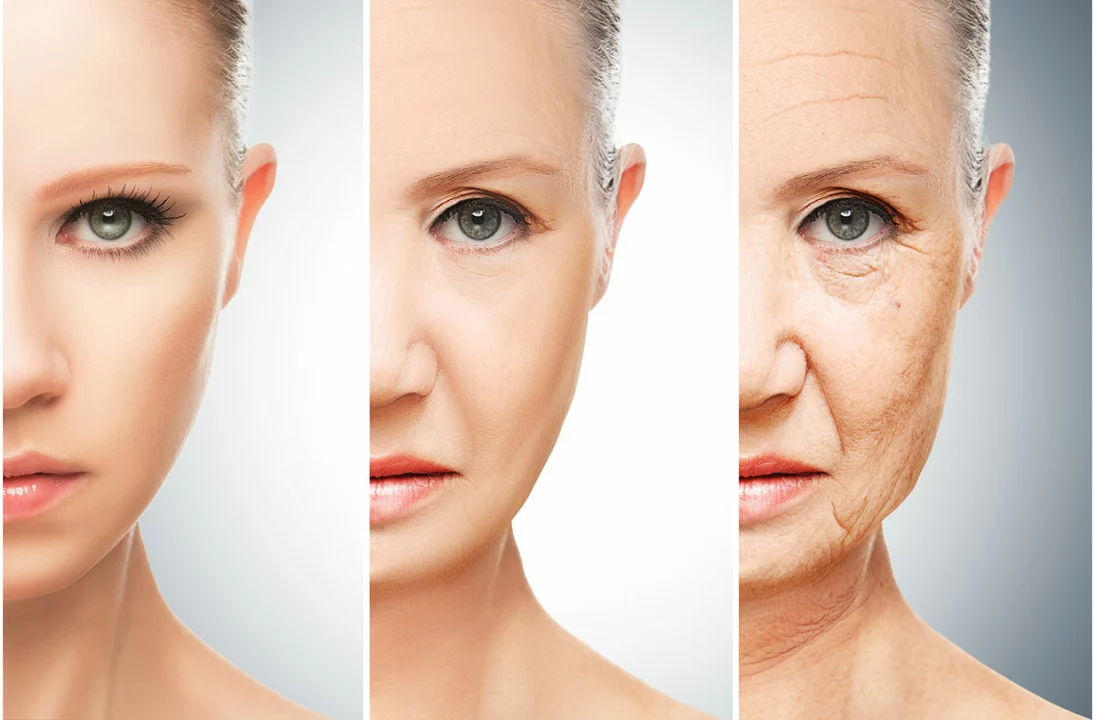Hydroquinone: What It Does, How to Use It Safely
Hydroquinone is a skin-lightening ingredient used to fade dark spots and melasma. It's often in 2% OTC creams and 4% prescription formulas. It works by slowing melanin production so existing brown patches lighten over weeks.
Why people try it: dark spots from sun damage, pregnancy, or acne scars can be stubborn. Hydroquinone can show improvement in 4–12 weeks when used correctly. But it's not a quick fix and needs care.
How to use: apply a thin layer to clean, dry skin once or twice daily as your clinician recommends. Use only on the affected areas, not the whole face. Start with the lowest effective concentration and limit use to a few months—many doctors recommend a break after 3 months.
Side effects to watch: skin irritation, redness, or increased sensitivity to sunlight. A rare but serious condition called exogenous ochronosis can cause blue-black discoloration after long-term use, especially with high concentrations or unregulated products.
Safety tips: patch-test a small area first. Wear broad-spectrum sunscreen daily—hydroquinone makes skin more sun-sensitive and sun exposure can undo results. Avoid mixing hydroquinone with other strong actives like high-concentration vitamin C or strong acids without medical advice.
OTC vs prescription: low-strength (2%) products are widely available over the counter and may work for mild spots. Prescription 4% or higher formulas are for tougher cases and should come with follow-up. Some countries limit or ban hydroquinone, so check local rules and product sources.
When to see a pro: if you have widespread discoloration, pregnancy, or a history of allergic reactions, talk to a dermatologist. Also see a provider if irritation is severe or if spots don’t improve after a few months.
Alternatives and complements: azelaic acid, kojic acid, niacinamide, low-dose retinoids, and chemical exfoliants can help reduce pigmentation or support maintenance. These options may be gentler for long-term use. Sometimes a combination plan works best under supervision.
Practical daily routine: clean your skin gently, treat spots at night if using retinoids, and always finish with sunscreen in the morning. Keep products in a cool, dark place—hydroquinone can oxidize and lose potency. Discard discolored or foul-smelling creams.
Final thought: hydroquinone can be effective but it's powerful. Treat it like a targeted treatment—use the right strength, protect your skin from the sun, and seek professional advice. That approach helps get results while lowering the risk of problems.
Buying and legal notes: buy from reputable pharmacies or brands, check for active ingredient listing and expiration date, and avoid products with unknown origins — black market creams can contain dangerous contaminants or the wrong concentrations. Pregnant or breastfeeding people should avoid hydroquinone unless a doctor says it's okay; many clinicians favor gentler options during pregnancy. For darker skin tones, progress may be slower and a dermatologist can tailor a plan to avoid over-lightening. Keep photos to track progress and stop if odd discoloration appears — early action reduces the chance of lasting problems. Ask questions before you start.

Hydroquinone and the aging process: Can it help with age-related skin concerns?
In my recent exploration of skincare, I've stumbled upon hydroquinone, an ingredient that may help with age-related skin concerns. As I delved deeper, I discovered that hydroquinone is known for its ability to lighten dark spots and even out skin tone, making it a popular choice for those battling hyperpigmentation. Additionally, it may help in reducing the appearance of fine lines and wrinkles. However, it's crucial to consult a dermatologist before incorporating hydroquinone into your skincare routine, as it can cause side effects if not used correctly. All in all, hydroquinone could be a game changer for those of us looking to combat the signs of aging, but it's essential to use it responsibly and under professional guidance.
April 29 2023